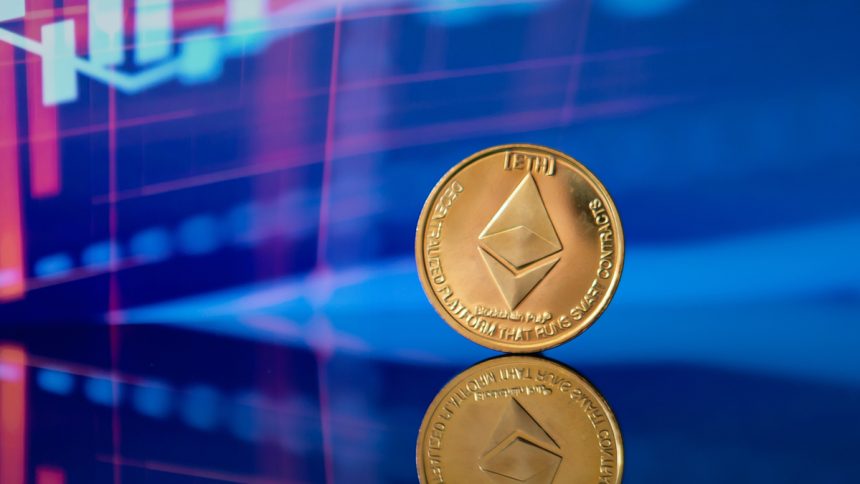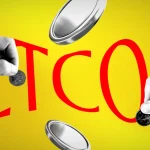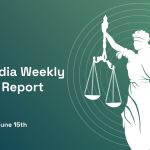Ethereum  $2,447‘s co-founder, Vitalik Buterin, earned approximately $636,000 by selling various memecoins sent to him, according to Blockchain data. This move sparked debate among investors about the potential risks of meme coin donations.
$2,447‘s co-founder, Vitalik Buterin, earned approximately $636,000 by selling various memecoins sent to him, according to Blockchain data. This move sparked debate among investors about the potential risks of meme coin donations.
Details of Memecoin Sales
Buterin disposed of memecoins, which were mostly sent to his wallet for free. Selling transactions included 114.1 ETH for 330,000 MSTR, 74.99 ETH for 14 million POPCAT, and 36.55 ETH for 14 billion ITO.
These sales brought the potential problems of “gift token” donations, which were previously mentioned, back to the agenda. Buterin has repeatedly stated that he will either sell or donate the tokens he does not want to charity.
Criticisms of Charitable Memecoins
In the crypto world, some experts argue that such tokens are used as a marketing tool by their creators. Buterin’s sale of the tokens raised questions about what effect these coins sent to promote the projects had on investors.
Crypto analyst Rug Muncher pointed out that these sales could have negative effects on the market. “Such moves may limit profit opportunities for small investors while allowing insiders to exit at higher prices,” he said.
Vitalik Buterin also shared some ideas on fee models for Ethereum’s layer 1 and layer 2 solutions. He emphasized that more standard and reasonable fee systems should be adopted to protect users from unpredictable transaction costs.
Memecoin Projects and Investor Safety
On the other hand, some critics have argued that charitable memecoin projects are not sufficiently transparent, which could put investors at risk of fraud. Highlighting charitable donations for marketing purposes can increase trust issues. It is emphasized that more detailed examination should be carried out before supporting such projects.
Experts recommend investors do thorough research before investing in any crypto asset. Whether projects are carried out in an open and transparent manner is shown as one of the most important criteria for a safe investment.
Vitalik Buterin made the following statements on the subject: “I either sell or donate the tokens I do not want.”
Finally, Rug Muncher’s warning is noteworthy: “Charitable efforts are, of course, valuable; However, the safety of investors should always be a priority.”
Buterin’s memecoin sales have reignited doubts and debates about this type of asset. Experts emphasize that investors should be more careful.
Disclaimer: The information contained in this article does not constitute investment advice. Investors should be aware that crypto currencies carry high volatility and therefore risk, and should carry out their transactions in line with their own research.










